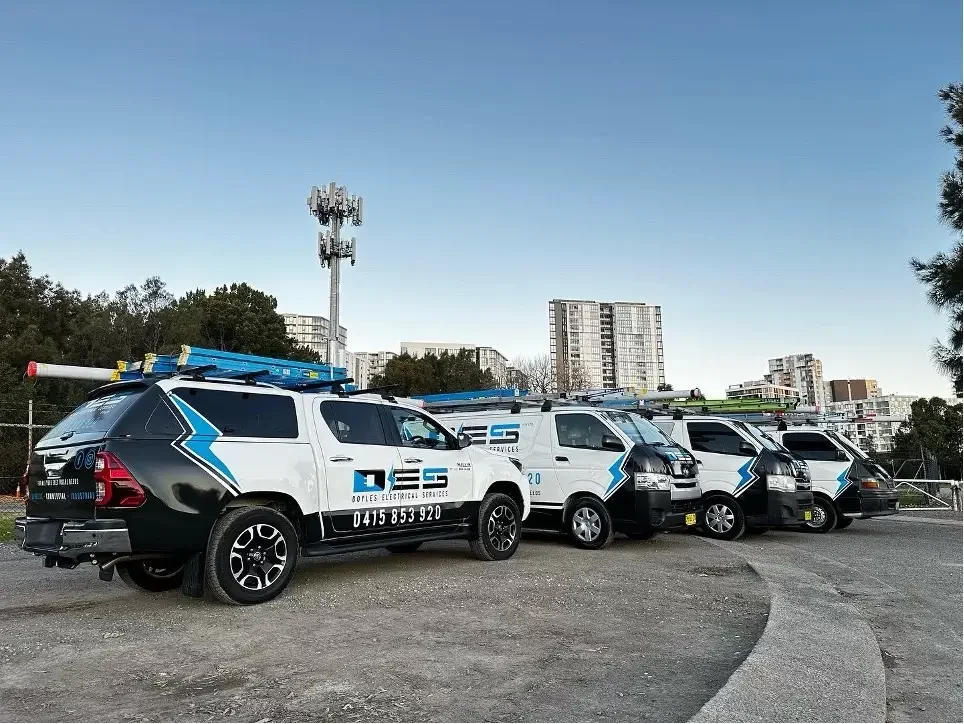Electrical work is an integral part of home ownership, whether it is installing new fixtures, repairing faulty wiring, or troubleshooting electrical issues. When faced with electrical tasks, homeowners often find themselves deliberating between tackling the job themselves or hiring professional electrical services. Here are the key factors to consider when weighing DIY versus professional electrical services:
Skill and Experience
DIY: Many homeowners possess basic electrical skills and feel confident in handling minor tasks such as replacing light fixtures or installing outlets. DIY electrical projects can be cost-effective and rewarding for those with adequate knowledge and experience.
Professional: Complex electrical tasks, such as rewiring a house or upgrading a circuit breaker panel, require specialized skills and expertise. Professional electricians undergo rigorous training and have extensive experience, ensuring the job is done safely and efficiently.
Safety Concerns
DIY: Safety should be the foremost priority when undertaking any electrical work. While simple tasks may seem straightforward, amateur mistakes can lead to electrical shocks, fires, or even fatalities. Without proper training and safety precautions, DIY electrical projects can pose significant risks.
Professional: Professional Electricians in Alexandria adhere to strict safety protocols and regulations to mitigate hazards and ensure the safety of occupants and property. They possess the knowledge and equipment necessary to handle electrical tasks safely, minimizing the risk of accidents or injuries.
Complexity of the Task
DIY: DIY electrical projects are typically limited to minor repairs, installations, or troubleshooting of simple issues. Homeowners may feel comfortable replacing switches or installing ceiling fans, but should exercise caution when dealing with more complex tasks.
Professional: Complex electrical tasks, such as diagnosing circuit faults, upgrading electrical panels, or designing lighting systems, require the expertise of licensed electricians. Professionals have the skills and resources to tackle intricate projects efficiently and effectively.
Code Compliance
DIY: Ensuring compliance with electrical codes and regulations is essential to the safety and legality of electrical installations. DIY enthusiasts may lack knowledge of local building codes, leading to non-compliant installations that pose risks and may result in fines or penalties.
Professional: Licenced electricians are well-versed in the electrical codes and regulations governing residential and commercial installations. They ensure that all work meets code requirements, obtaining necessary permits and inspections to ensure compliance and safety.
Cost Considerations
DIY: DIY electrical projects can be cost-effective for simple tasks that require minimal materials and expertise. However, the cost savings may be outweighed by the risk of errors, additional expenses for repairs, or the need to hire professionals to rectify mistakes.
Professional: While professional electrical services may entail upfront costs, they offer value in terms of quality workmanship, safety assurance, and long-term reliability. Professional electricians provide accurate estimates, transparent pricing, and warranties for their services.
The decision between DIY and professional electrical services depends on factors such as skill level, safety concerns, task complexity, code compliance, time constraints, and cost considerations. While DIY projects may be suitable for minor tasks within one’s comfort zone, complex or hazardous electrical work necessitates the expertise of licenced professionals.
Whether opting for a DIY approach or seeking professional assistance, homeowners should make informed choices based on their abilities and the specific requirements of the project.
